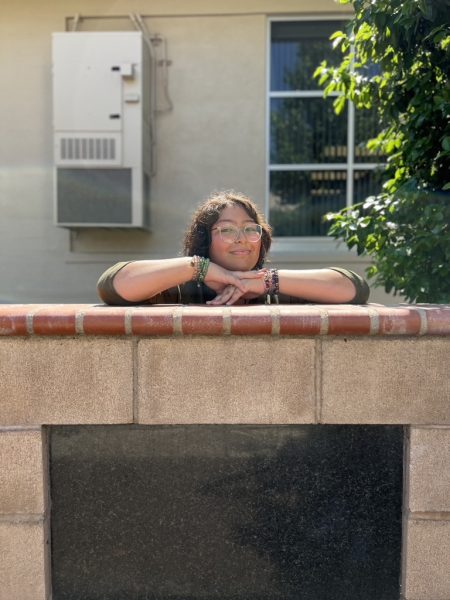As the weather begins to grow colder, the air brisk, and everyone starts to layer up, students across campus wait in anticipation for winter break, marking the end of the first semester as well as the end of the year. For many, this break is when people celebrate Christmas, which originally began as a christian holiday to celebrate the birth of Jesus. However, there are many more exciting and festive holidays celebrated around this time of year. Some of these holidays that are going to be further talked about include Hanukkah, Kwanzaa, Diwali, Yule, and much much more.
Hanukkah is a Jewish holiday that spans over the course of 8 days. During these 8 days people light a menorah each night to symbolize how during one day’s worth of oil had managed to last eight days during a battle that the Jewish people had come out triumphant. The dates of these celebrations are determined by the Hebrew calendar and can change from late November to early December time. Like any other holiday someone might celebrate they have their traditional food and ways of celebrating, for example eating latkes which are potato pancakes and playing with a spinning top known as a dreidel.
Yule (Winter Solstice):
Winter solstice, also known as the darkest day of the year, is celebrated during the festival known as Yule. Yule is typically celebrated by Wiccans and Neo-Pagans, and since Christmas has a lot of Pagan roots, it makes sense that a number of traditions from both holidays overlap. Putting up wreaths, decorating a home Yule altar, and hosting a winter solstice celebration are just some of the few ways people celebrate. A big part of this holiday is to embrace the earth and nature all around you.
The origins of Kwanzaa takes us back to the 1960’s, and was actually created by Dr. Maulana Karenga, who is an activist, author, and professor. The holiday was originally brought into creation as a result of the Watts riots in Los Angele. The holiday is a mix of several other African holidays and its name originates from the swahili phrase “matunda ya kwanza,” which translates to “first fruits.” There are seven main principles of Kwanzaa, which include unity, umoja (unity), kujichagulia (self-determination), ujima (collective work and responsibility), ujamaa (cooperative economics), nia (purpose), kuumba (creativity) and imani (faith). There are almost candles that are lit during this time that each symbolize one of these principles, three red ones that represent the struggle, three green ones that represent land and hope, and one black one that represents people of African descent.
Those who celebrate Diwali are mostly from the Hindu, Sikh, and Jain faiths, but so do people outside of these religions, for example people from India, Singapore, and other South Asian countries also celebrate. There are a number of people who celebrate this holiday. Also known as the festival of lights, it serves as a celebration of good over evil, light over darkness, and is typically celebrated around November. This celebration takes place during the day of the new moon when the sky is at its most dark, this is why a big part of the festivities evolve and revolve around light. Clay lamps, candles, and oil lanterns are lit up and put around homes, stress, and areas of worship, they’re also put to float on lakes and rivers. There are also fireworks that are set off at night that are meant to ward off evil spirits. As it stands with many holidays, an important part of Diwali is being with family, getting together while dressed in their best clothes and sweet traditional and special foods, they light a type of decorative oil lamp called diyas and pray for their ancestors.
Wrapping up the end of the calendar with a holiday celebrated all around the world, bringing in the new year, we have New Years Eve. A day spent with loved ones, friends, and family gather together to spend the last few hours of the year together and bring in the new one, surrounded by those they care for. People celebrate in many different ways, some have New Years traditions, rituals, or superstitions such as eating 12 green grapes for luck or running around with luggage to encourage travel for the new year. Of course, there is also watching a firework show and attending functions and parties.
With winter and December marking the end of the traditional calendar year and season, the month and time of year hold a lot of spiritual and traditional significance to a lot of people and cultures. In turn, it is important to remember that not everyone celebrates the same holidays, and looking closely into other celebrations is enlightening and a good way to get information about other cultures.



